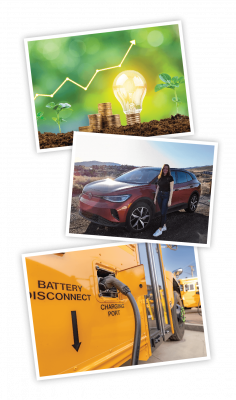
The Clean Energy Plan provides financial incentives to Nevada residents, businesses, schools, and nonprofits to generate clean energy, improve energy efficiency, and upgrade fossil fuel-based systems, vehicles, and appliances for new, healthier, electric ones. Find out what incentives you qualify for below!
Rewiring America’s easy-to-use calculator tool finds all the savings available to you and ways the Clean Energy Plan can help lower your energy costs.
Federal tax credits are available to Nevadans now.
Whether you want to make home upgrades now or save for major projects down the road, for the next ten years you can save money on things like solar panels, heat pumps, electric cars, battery storage, electric appliances, energy efficiency measures, and so much more.
See below for available tax credits. Detailed information about clean energy and clean vehicle tax credits can be found on the IRS website here.

This tax credit provides up to $2,000 for heat pumps (HVAC and water heater). It also provides up to $1,200 for energy property costs and certain energy-efficient home improvements, which include: Up to $250 per door and $500 total, up to $600 for windows, up to $150 home energy audits.
This credit is equal to 30% of the purchase and installation costs for the following: solar electric panels, solar water heaters, wind turbines, geothermal heat pumps, fuel cells (up to $500 for each half kilowatt), and battery storage technology (beginning in 2023).
This tax credit provides up to 30% of the total cost of installing an electric vehicle (EV) charger at your home. The tax credit is capped at $1,000.
With this tax credit, get up to $4,000 toward used EVs, including cars, SUVs, and light-duty trucks, with a sale price of $25,000 or less. Used EV purchases are subject to income caps based on income tax filing status.
This provides up to $7,500 toward brand-new American-made electric cars, with a maximum MSRP of $55,000, and new vans, pickup trucks, and SUVs, with a maximum MSRP of $80,000. Starting in 2024, this credit can be transferred to dealerships in exchange for a point-of-sale discount. See the IRS website for qualified vehicles. New EV purchases are subject to income caps based on income tax filing status.

This is just the beginning! In 2025, even more savings will be available through Home Energy Rebates. Lower and moderate-income families can receive up to $14,000 in upfront savings on clean energy upgrades for a home or apartment.
Provides households with up to $14,000 in rebates.
Covers up to 100% of costs for lower-income families and up to 50% for moderate-income families. Your state will determine which products are eligible from the following list — you can save up to:
$8,000 for an ENERGY STAR-certified electric heat pump for space heating and cooling.
$4,000 for an electrical panel.
$2,500 for electrical wiring.
$1,750 for an ENERGY STAR-certified electric heat pump water heater.
$1,600 for weatherization (insulation, air sealing, and mechanical ventilation products).
$840 for an ENERGY STAR-certified electric heat pump clothes dryer and/or an electric stove, cooktop, range, or oven.
All households are potentially eligible, with the largest rebates going to those with lower incomes.
You can save up to $8,000 depending on your household income and project’s energy savings.
Qualifying for these benefits involves a property owner hiring a contractor to estimate projected energy savings. Higher energy savings will enable even higher rebate levels.
If the upgrade is modeled to save 35% or more energy, you can get up to $4,000 or 50% of project costs, whichever is less.
If the savings are modeled between 20% and 34%, you can get up to $2,000 or 50% of project costs, whichever is less.
Measured energy savings allow for uncapped rebates — the more you save over 15%, the larger the rebate — and builds in accountability for achieving promised savings.
Low-income households (earning less than 80% of the Area Median Income) receive double incentives, up to 80% of project costs.

Even if you don’t own your home, you can make a plan using the Rewiring America renter’s guide to go electric on your own, talk to your landlord, and learn and help others.
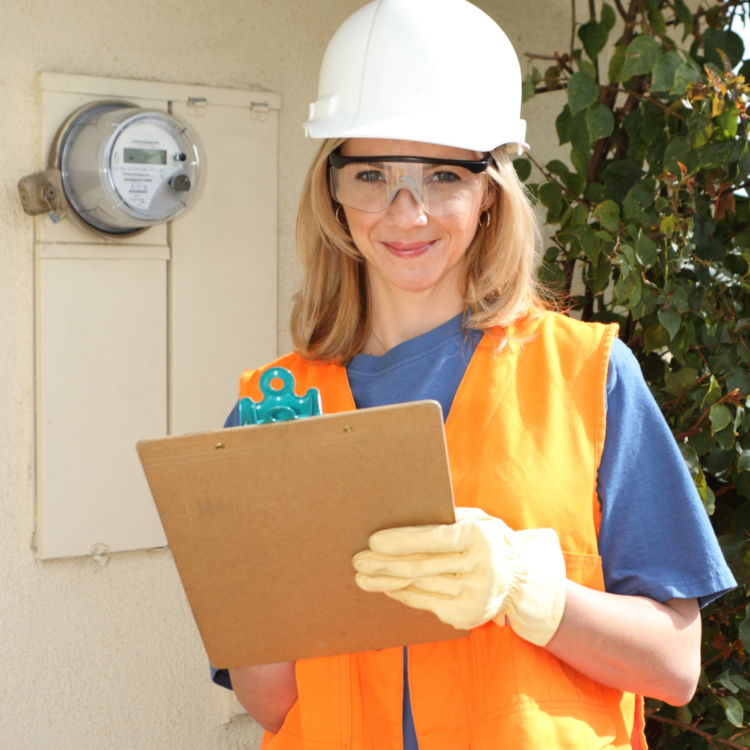
Ready to take the first step towards a more sustainable home? Schedule a home energy assessment, also known as a home energy audit, and discover ways to improve the comfort and efficiency of your own space.
A trained, licensed professional will come to your home to assess your current energy use and identify measures that can make your home more energy efficient.
You can get a $150 tax credit for an assessment completed in the next ten years. That’s roughly 30% of the total cost!
The Clean Energy Plan is also a major win for Nevada businesses and includes many financial incentives for small and large businesses and entrepreneurs to kickstart American ingenuity and increase energy independence across the country.
With available tax credits and clean energy incentives, Nevada businesses can establish more efficient building and manufacturing processes, reduce carbon emissions and operating costs, and contribute to the national buildout of necessary supply chains and new clean renewable energy infrastructure.
For a full list of credits and deductions for businesses and other entities, visit the IRS website here.

Opportunities for Nevada businesses to lower costs and capitalize on tax credits include:
Find vetted contractors. The Nevada Clean Energy Fund vets licensed HVAC, solar, and other energy contractors.
Tip: Be sure to use a contractor certified by the Nevada State Contractors Board for the measure the contractor is installing.
In just two years, the Clean Energy Plan has jolted Nevada’s economy forward. Billions of dollars have been invested in clean energy manufacturing, transportation electrification, and creating jobs. See the positive changes sweeping through Nevada’s communities. Read below to learn more about these funds!
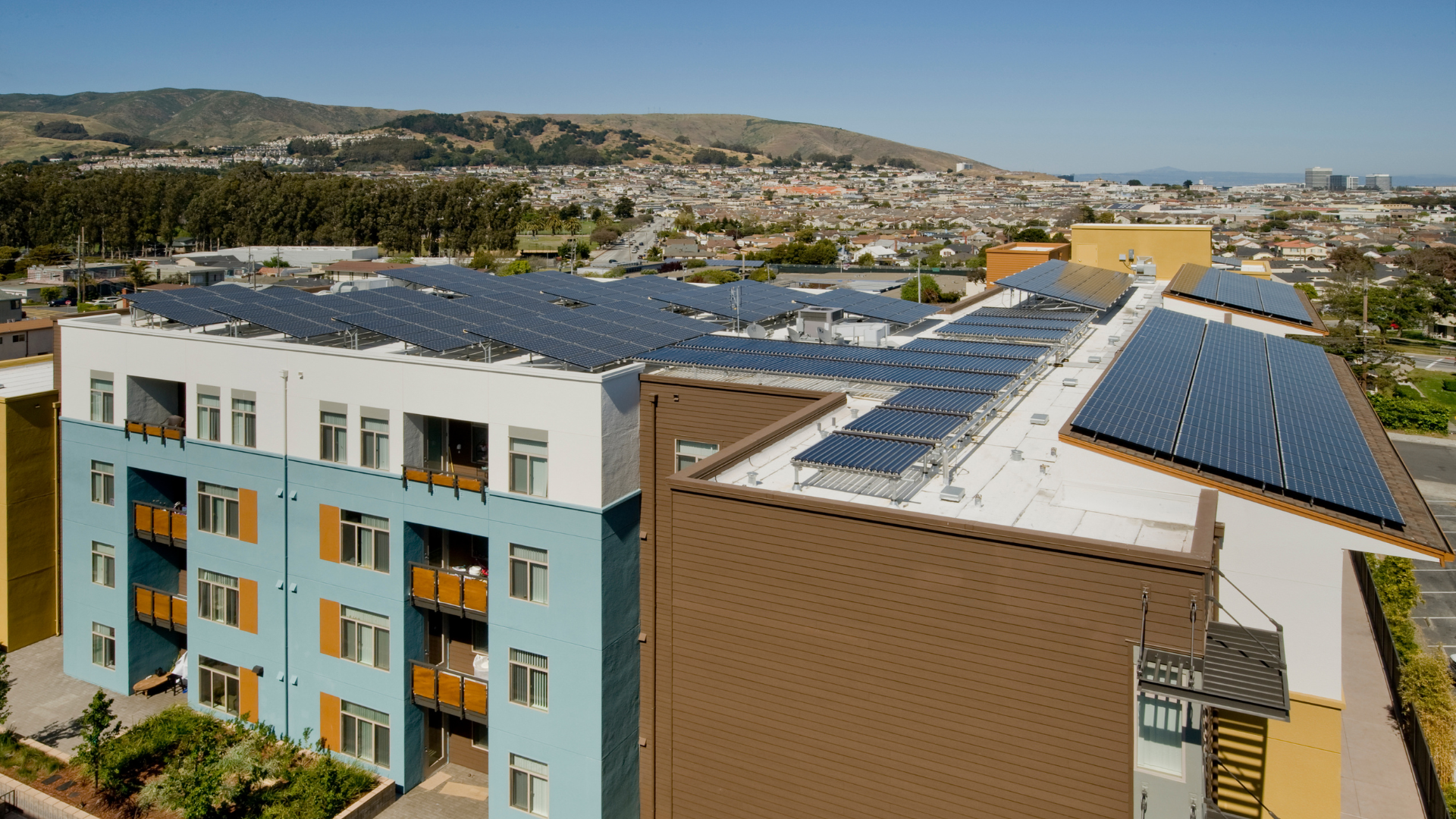
Nevada’s Solar for All program is made possible by the Inflation Reduction Act, part of President Biden’s carbon pollution reduction plan — the largest in American history. The investment will support solar upgrades on homes, affordable housing, and community-scale and energy storage projects, addressing financial barriers to clean energy and empowering all Nevadans to embrace the benefits of solar energy.

The Clean School Bus Program aims to reduce greenhouse gas emissions, produce cleaner air, and save school districts money while prioritizing low-income, rural, and Tribal communities. With transportation being the number one source of greenhouse gas emissions in Nevada, electrifying our school buses is an important step in addressing emissions from this sector and making progress toward our goals.
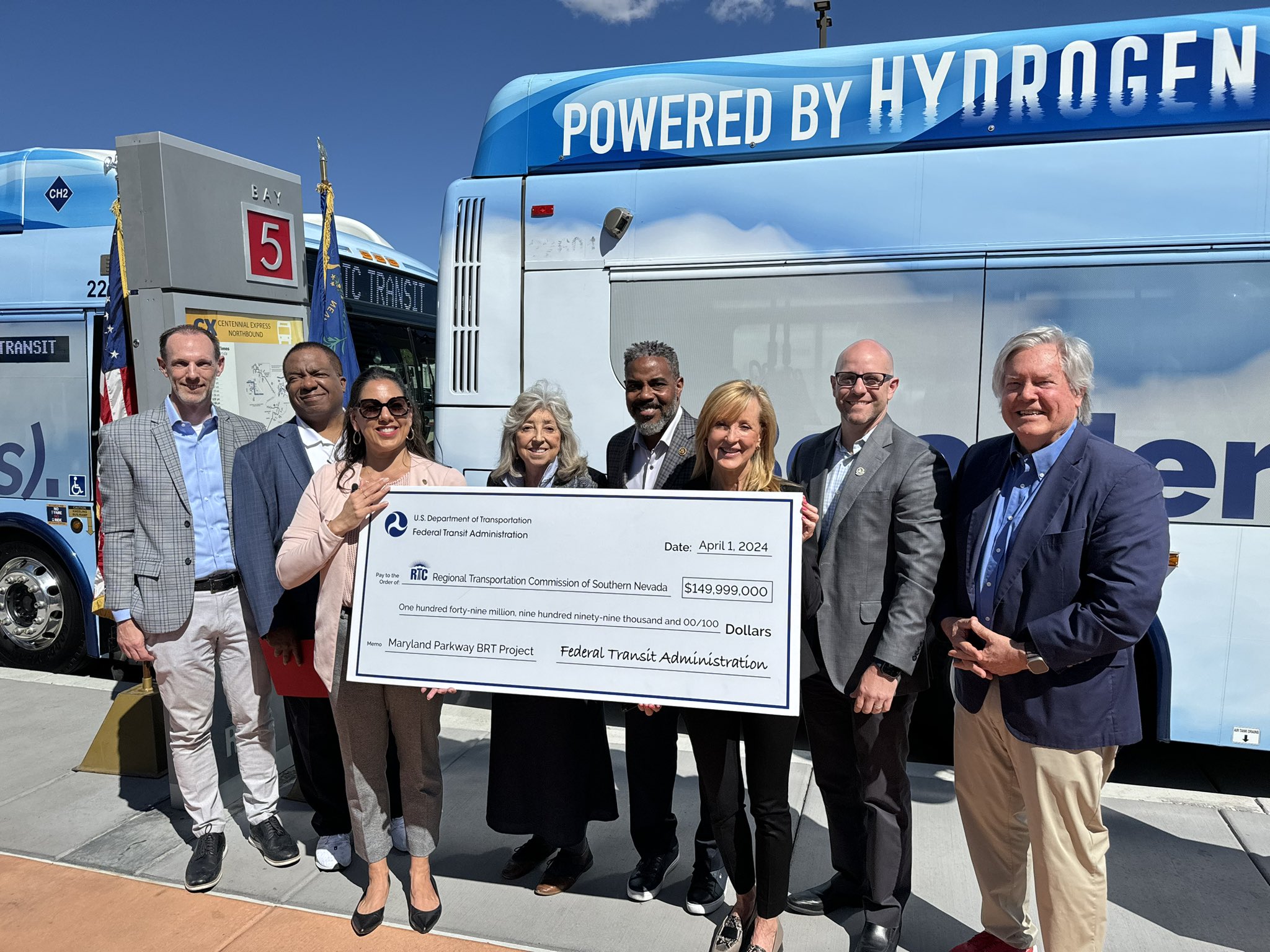
The U.S. Department of Transportation's Federal Transit Administration (FTA) announced a $149.9 million grant award to the Regional Transportation Commission of Southern Nevada (RTC) to support the construction of a faster, more frequent bus route between downtown Las Vegas, the University of Nevada at Las Vegas, Harry Reid International Airport, and other popular destinations.
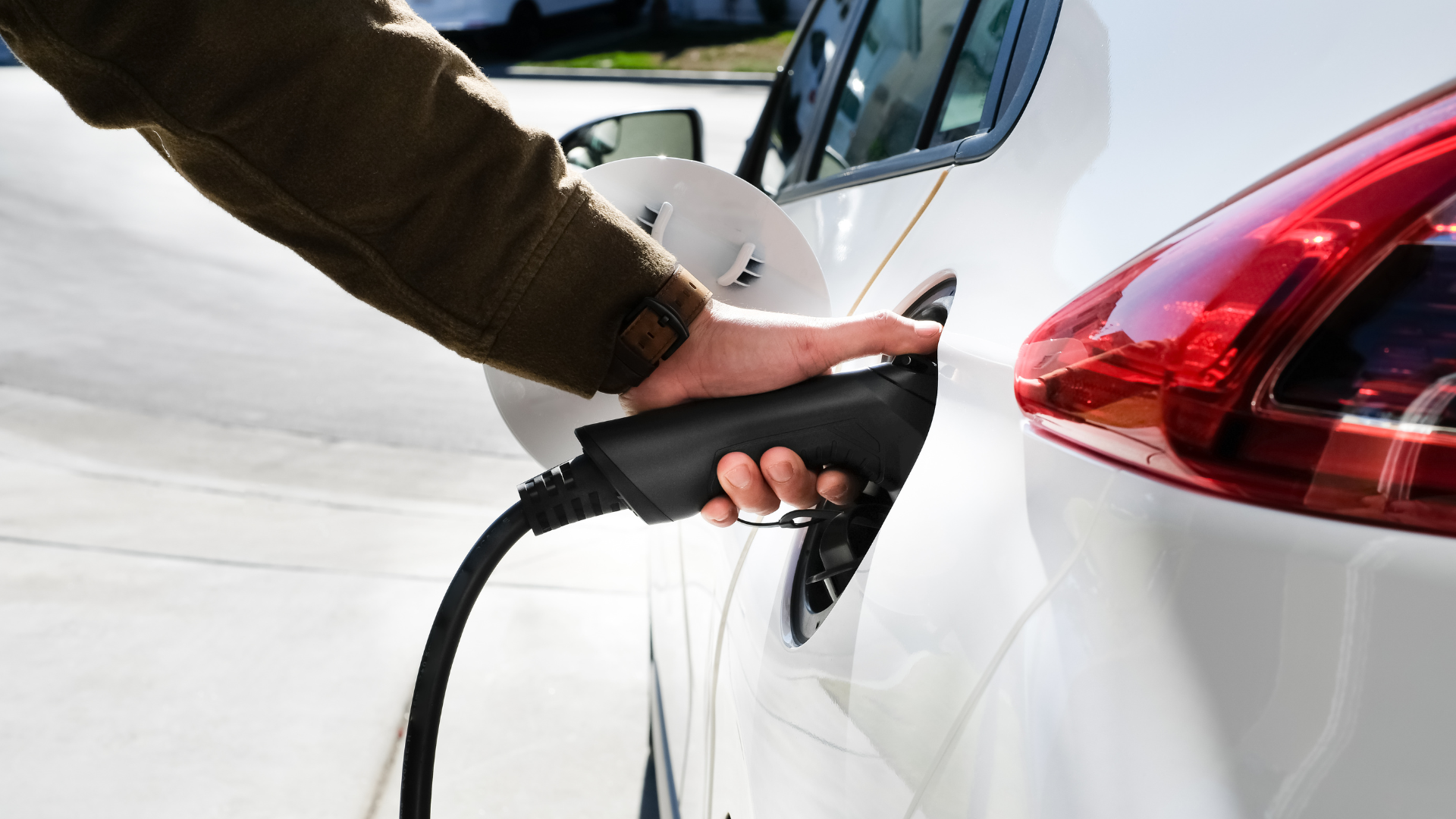
The U.S. Department of Energy awarded a $2 billion loan to battery recycling company Redwood Materials, which will allow it to produce enough battery materials to enable the production of more than a million electric vehicles a year.
Already Gone Green?
Share your clean energy success story with us below. Your story will help spread the word about these opportunities in your community and encourage your friends and neighbors to go green for a clean energy future.
© 2023 All rights reserved